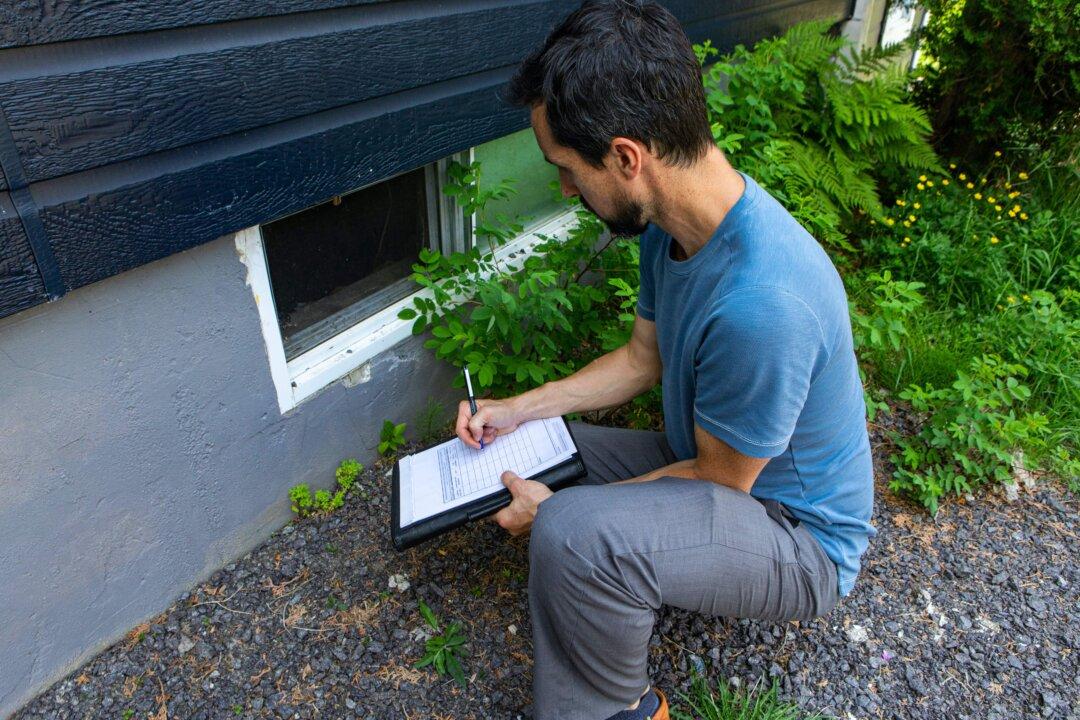Dear Monty: We are first-time homebuyers. We asked the seller for a credit when the home inspection revealed several defects. They refused. Our agent thought we should let them handle it. The sellers agreed to make multiple repairs and remove mold. They also agreed to a new furnace and compressor. The sellers used handymen and unlicensed contractors to satisfy the contract and installed an off-brand furnace. It doesn’t even have a name, and there is no operating manual. In speaking with a neighbor, I learned there was a fire they never disclosed. The city has a permit on file under the seller’s name that states it was fire-related. We are fed up with the seller lying and using cheap solutions, and we want out of the deal. They scheduled the closing in about a week. Can we get out without losing our deposit?
Monty’s Answer: The seller complied with the contract from your comments. The home inspector did not see any evidence of a fire. Sellers often have a mindset and behavior patterns consistent with their life experiences. Their experiences may be very different from your experiences. They might have made the repairs the same way if they were making these repairs for themselves. Another possibility is that the home’s age, neighborhood, quality of construction and condition are such that they consistently maintained the house to match. But that may not have been the right thing to do.





